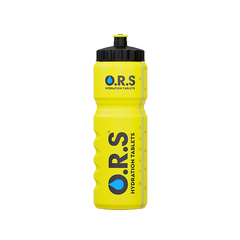How To Combat Winter Hydration For Healthy Glowing Skin

The winter can be a tough time for our skin as there is less humidity in the colder air and we are more exposed to indoor heating. This can sap the moisture from our skin and leave it feeling dry and looking dull. In severe cases, the skin may appear red, rough, and prone to flaking and irritation.
It is well known that applying moisturising lotions to our skin helps to keep it feeling soft and supple, but we can sometimes neglect the role of proper hydration in maintaining healthy skin during the winter. The skin is the largest organ of the body and it protects our bodies from infections and pollutants and helps to regulate body temperature.
We make a lot of demands on our skin because it needs to be tough enough to protect us without tearing, but also flexible and supple enough to allow us to move around easily and comfortably. The skin needs to absorb water from our cell membranes to keep it hydrated and to maintain its elasticity.
When you consider that our bodies are made up of 60% water, it’s not surprising that dry skin is one of the symptoms of dehydration. We need to apply moisturisers externally as a barrier to prevent moisture loss, but it cannot make any difference to skin that is parched from the inside.
Therefore to keep skin looking plump and youthful during winter conditions when the air is dry, we need to take care that we are not just upping our skincare routine with regular moisturising, but also drinking enough fluids.
Once you have become dehydrated it can take a long time for your body to reabsorb enough moisture, so you will not see the effects in your skin immediately. If you have a problem with dry skin that may have been compounded by a stomach virus or just a hangover, then consider taking an oral rehydration tablet to help your body recover faster.
You may have noticed that when you haven’t drunk enough water, your lips feel dry and chapped. This is because the skin on our lips is thinner than that on the rest of our bodies and it is the first area to show obvious signs of dehydration. If you suffer from chapped or sore lips during the winter months, make sure that you drink enough water.
This can be a challenge if you are only in the habit of drinking when you are thirsty, because thirst is actually a sign that your body is already dehydrated. It can help to set a timer on your phone to remind you to drink at intervals throughout the day. Water-dense foods such as melon, pineapple, citrus fruits, cucumber, broccoli and celery can also help.
Protect your lips with a lip balm that contains petroleum jelly or beeswax, but if you have sensitive skin avoid artificial colours or perfumes that could cause irritation.

